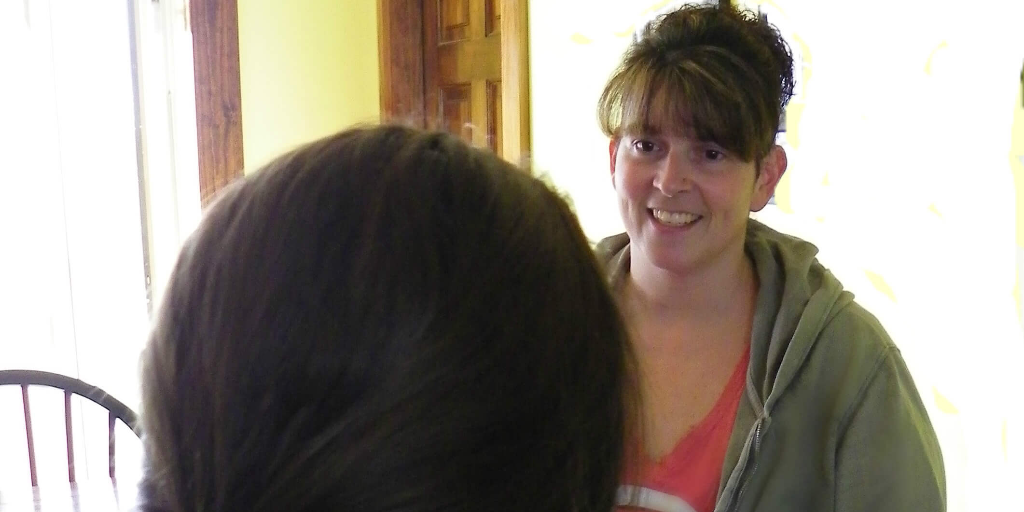NEWPORT — Working for the Orleans County Restorative Justice Center as a victim’s advocate, Amy Snider feels strongly about the positive impact of what she does for a living.
“Most people don’t know what restorative justice is,” Snyder said. “I have to explain the process to every crime victim. We walk beside each individual, victim or offender, and help them move forward.”
However, Snider said people often confuse the act of “walking beside” victim and offender as going easy on the offender. According to Snider, that’s far from the case.
“We hold them accountable. We find out from each victim what the offender might do to help heal the damage done. Let’s say someone stole $10 out of a cash register. That person hears all the ways it affects more than the obvious, and the victims themselves are heard.”
Snider knows how badly her victim clients need to be heard since she is a survivor of crime herself. At one time, she wanted to be a prosecutor, but after connected with the State’s Attorney Victim’s Advocacy Program, she had experiences that made an enormous impact.
“I wanted to work as an advocate for victims,” she said.
Snyder studied at Johnson State College and also enrolled in the Victim’s Advocacy Training Program for Crime Victims and will complete work there in May of this year. Her studies at JSC lead her to an Internship with the OCRJC.
Once there, she helped with case intakes, met with clients, and provided office support. The fit was so right, Executive Director Barbara Morrow hired Snider part-time so she could continue working with victims there.
“Amy has helped us create a more robust response to victims of crime,” Morrow said. “In restorative work, victims’ perspectives should be at the center of the process.”
Snider became a solid proponent of restorative justice through her experience at OCRJC.
“If you just send people to jail, what are they learning?” Snyder asks. “You don’t want them to go out and keep making the same mistakes. We try to show them hope, that they can make things right and that they can become better people, and that accountability is a huge part of that.”
It is a philosophy Morrow agrees with wholeheartedly.
“In Vermont, offenders return to their communities,” Morrow said. “Restorative work is designed to reintegrate them and to mend the fabric of community that has been torn by a crime.”
The victims, Snider added, often feel good about the process too.
“I’ve had them be really thankful. They feel they aren’t in the dark.”
Snider helps clients find support groups, offers guidance or helps them locate good places to receive guidance, and offers other support as needed to make the process of healing as easy as possible.
“We invest ourselves a lot,” she said. “We don’t judge. We hold offenders accountable, but we help both offenders and victims move forward and heal as best they can.”
Orleans County Restorative Justice Center is a 501c3 nonprofit which has served the community for over twenty years.
To learn more about OCRJC services, visit their website at www.kingdomjustice.org or call 487-9327.



